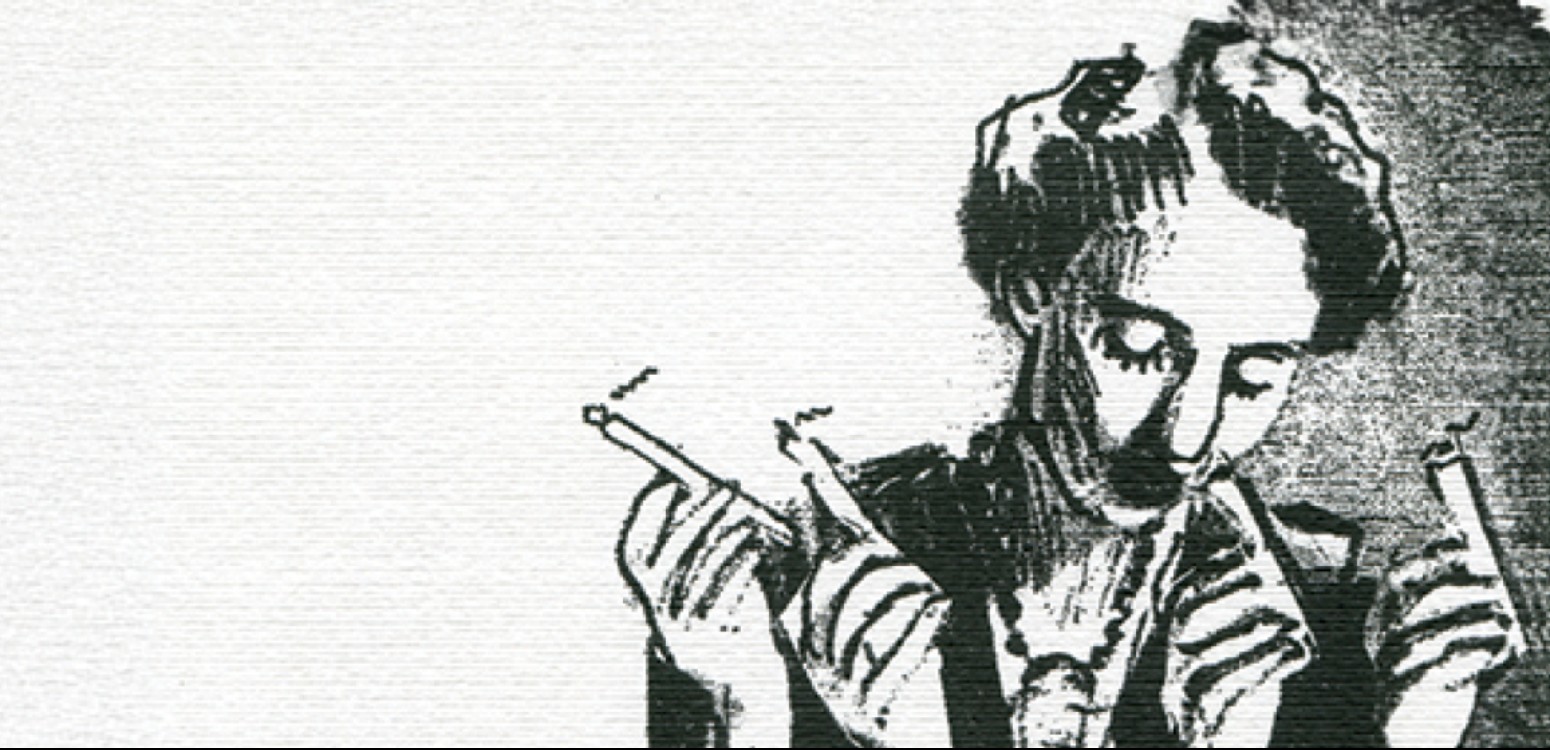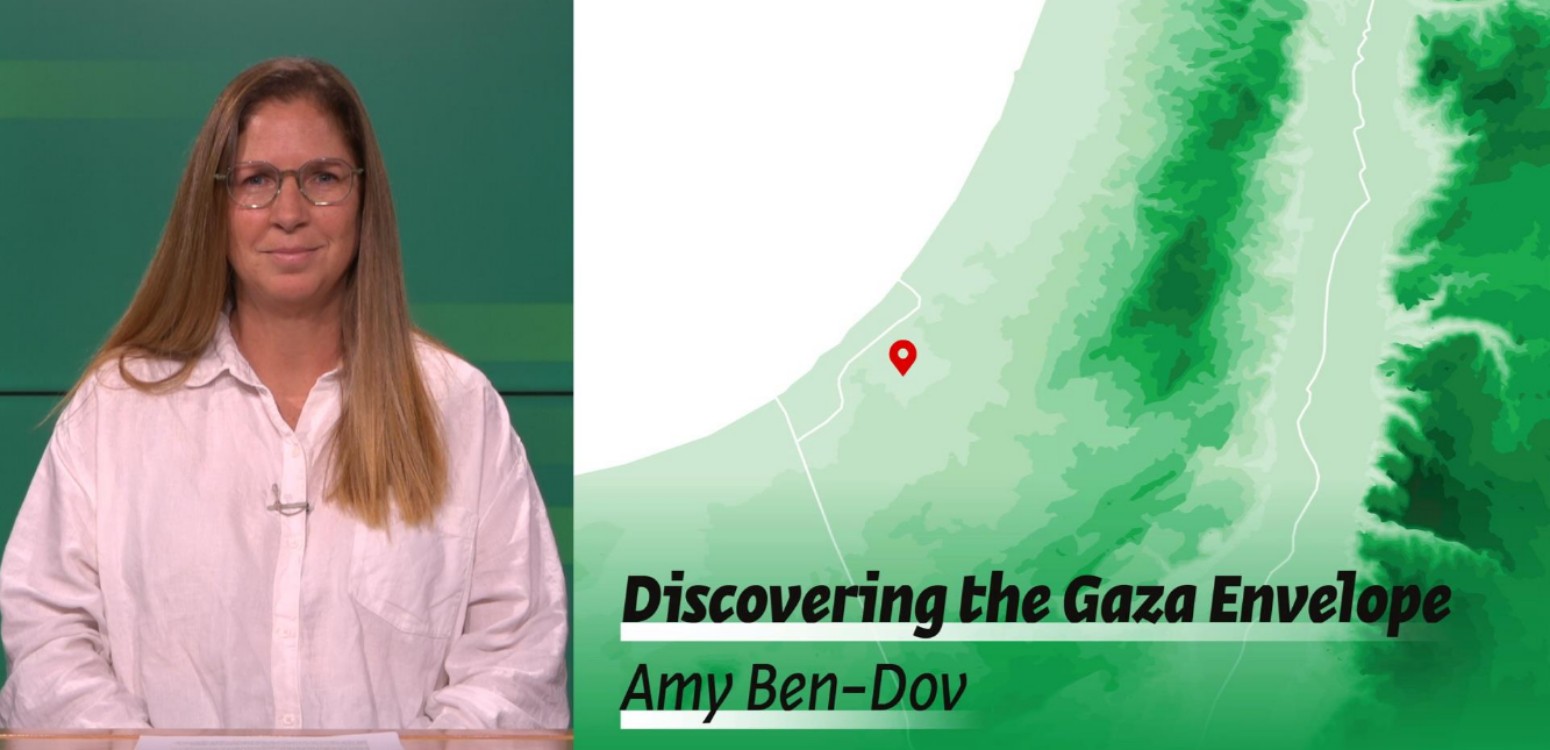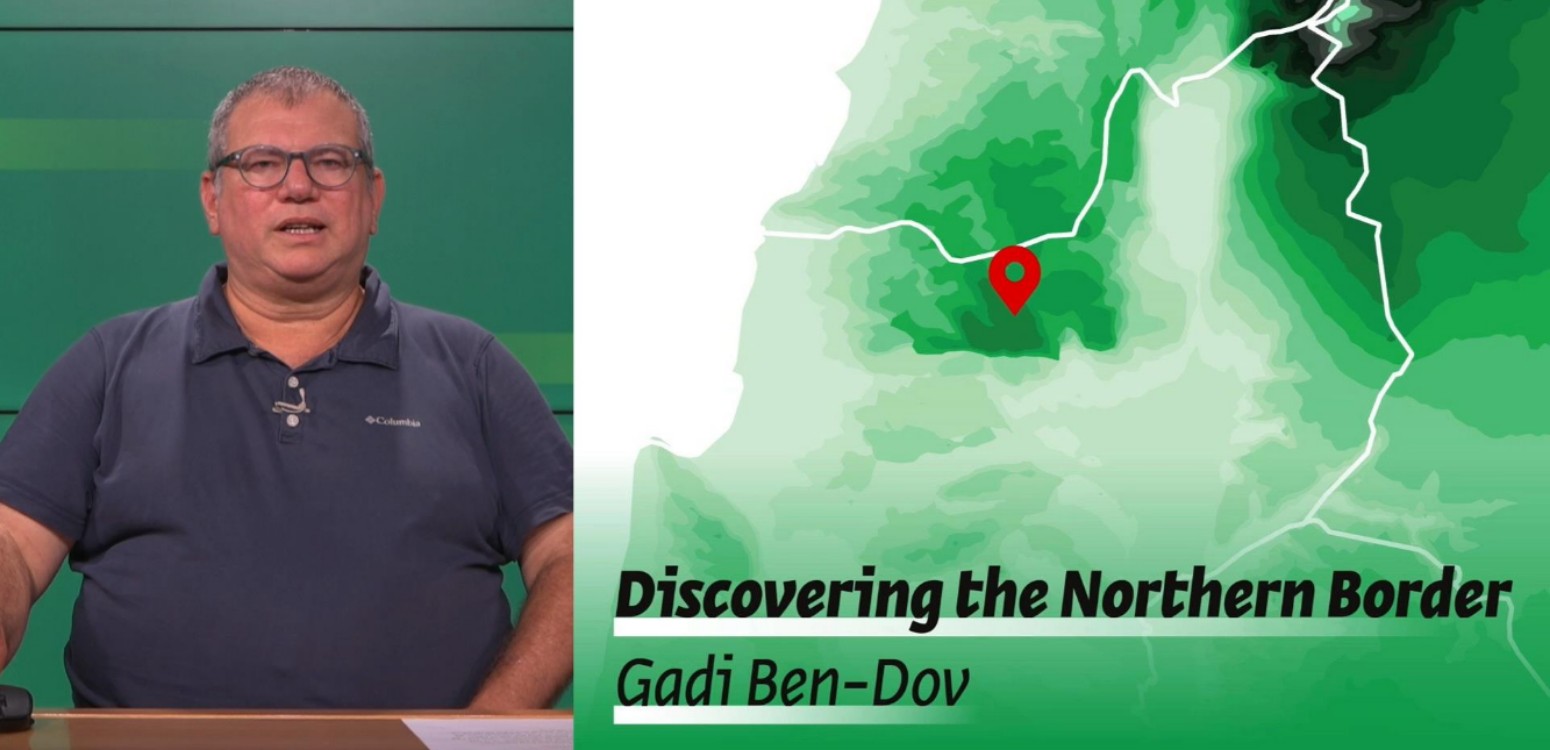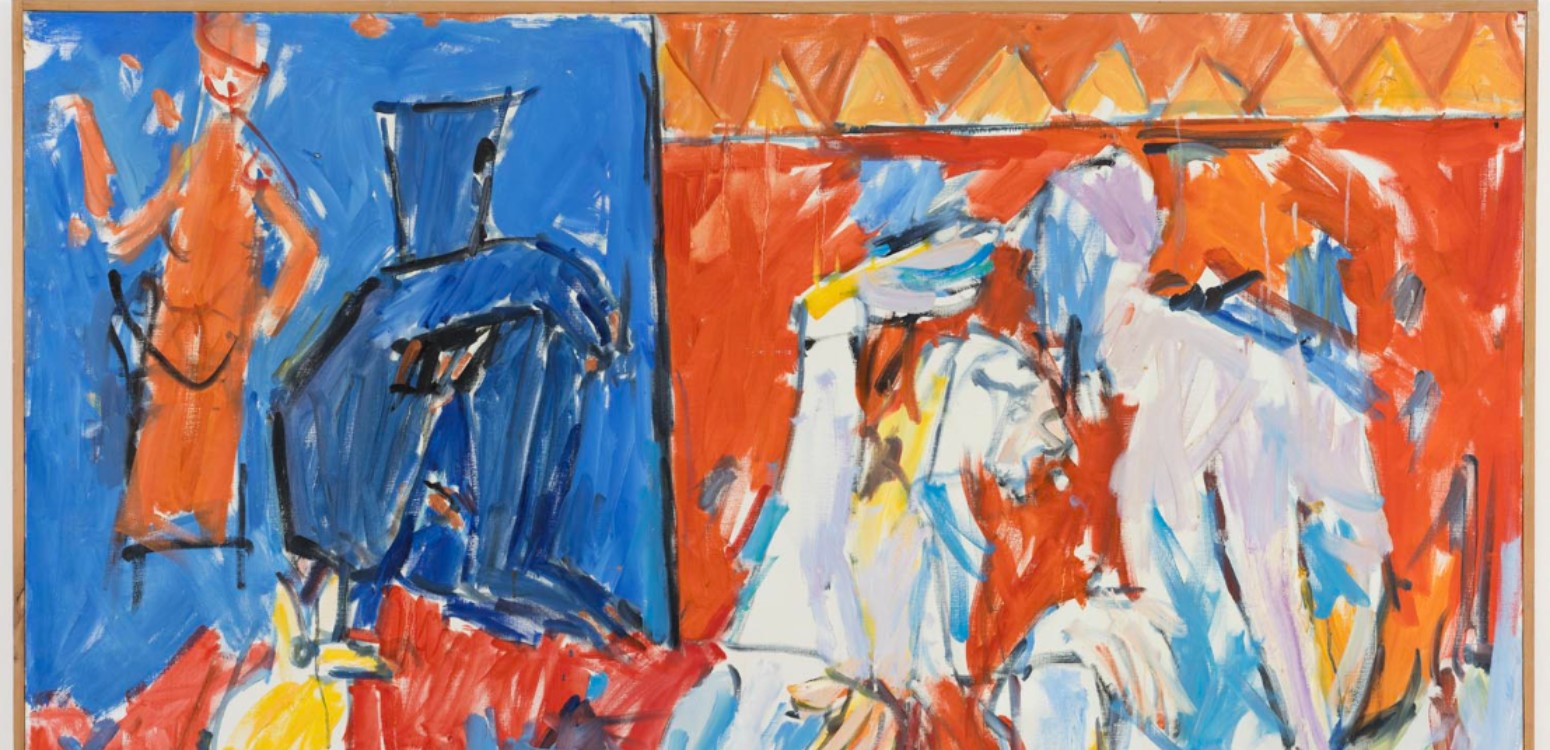This year commemorates the 120th anniversary of Viktor Frankl’s birth. His teachings are more relevant than ever for Israel after October 7: Logotherapy as a path to finding meaning, hope, and resilience through trauma
Even before the outbreak of World War II, renowned Austrian-Jewish neurologist, psychologist and philosopher Viktor Frankl (1905–1997) was working on a new type of psychotherapy called logotherapy, which posits that the most profound motivating force in humans is the search for meaning.
Frankl developed his theories while enduring three years in Nazi concentration camps where he lost his parents, brother, and first wife. His bestselling memoir, “Man’s Search for Meaning,” chronicles these experiences and outlines Frankl’s therapeutic philosophy that finding purpose is the primary motivational force in human life. After the war, Frankl rebuilt his career as a respected academic and clinician, heading the neurology department at Vienna’s General Polyclinic hospital, lecturing at prestigious institutions including Harvard, and publishing 39 books. He also saw patients in a private practice based in his house and continued his clinical work until retiring in 1970.
The human soul cries out for purpose
Frankl’s logotherapy shifts the psychological focus from internal drives or hidden power struggles over social hierarchy that classical psychoanalysis emphasized to the field of meaning and the search for it, understanding that the human soul cries out for purpose and a deep sense of connection to life itself. His philosophy was validated during his time in labor and extermination camps, where he realized that the innate drive to find meaning, embedded in the human spirit, manifests even in the face of immense suffering. After the Holocaust, Frankl developed this philosophy into a complete psychological doctrine. Dereflection, a central technique in Frankl’s logotherapy, addresses heightened self-awareness, which often increases human suffering through constant preoccupation with the past and what can no longer be changed, and calls for redirecting attention away from self-focus toward areas of meaning.
Paralyzing self-focus
In Israel, the constant preoccupation with traumatic events from the past alongside the ongoing experience of difficult events creates feelings of perpetual vulnerability and danger. Collective grief and uncertainty regarding the future of the war and the fate of hostages lead
to paralyzing self-focus; people can become trapped in a feedback loop of thoughts, constantly reliving trauma, doubting their security, and feeling overwhelmed by despair, which is why the principle of dereflection is so relevant to Israel after October 7. Dereflection offers a counter-narrative. It encourages people to shift their attention from their internal turmoil to external sources of meaning: acts of kindness and contributing to community rehabilitation efforts or finding comfort in artistic expression.
Moreover, dereflection encourages people to find meaning in existing relationships and activities. Within the chaos, strengthening bonds with family and friends, engaging in hobbies, or achieving professional goals can provide a sense of normalcy and stability. The goal is not to minimize the pain but to recognize that life, even after trauma, continues to offer opportunities for meaning and growth.
In the Israeli national context, dereflection can also serve as a tool for fostering unity and resilience; it offers an alternative to what has been happening in the public sphere in recent years, where besides division and inflammatory and distancing discourse, we are also caught in endless loops of thoughts about what is broken and needs repairing.
Even in Auschwitz, one can see the sunset
It’s important to recognize that dereflection is not a quick solution. It’s a process requiring patience, self-compassion, and willingness to embrace vulnerability. It doesn’t deny the reality of suffering but acknowledges that meaning can be found even within it. Ultimately, dereflection in the context of October 7 is not about forgetting the trauma; it’s about finding the strength to move forward, rebuild, and create a future where meaning and hope outweigh the preoccupation with pain.
The passage in which Frankl describes in his book “Man’s Search for Meaning” the moment when he and his fellow camp inmates saw the sunset over the Polish forests and recognized it as a meaningful moment full of beauty echoes this idea. Frankl’s logotherapy emphasizes the importance of finding beauty and light that provide comfort and hope within this difficult and painful reality. The goal is not to ignore the pain but to find moments of comfort and optimism within it.
Especially in these days, which require us to analyze what happened, calculate our steps, and seek those responsible out of the very human need to assure ourselves that “never again,” Frankl’s logotherapy offers to let go of picking at the wound, to look forward and see the beautiful sunsets falling over the Knesset and coloring the sky yellow.





















